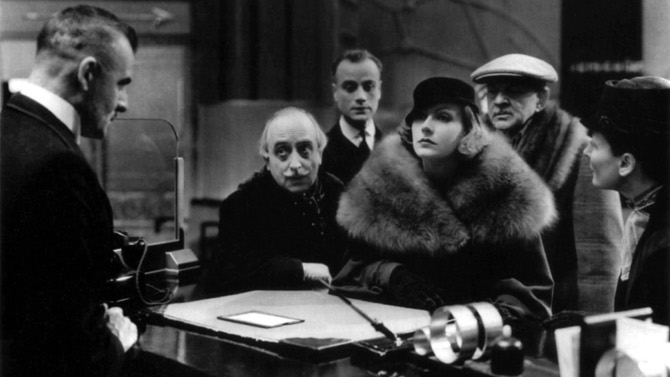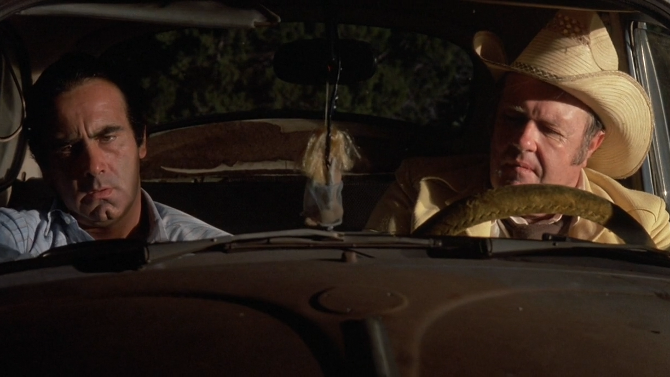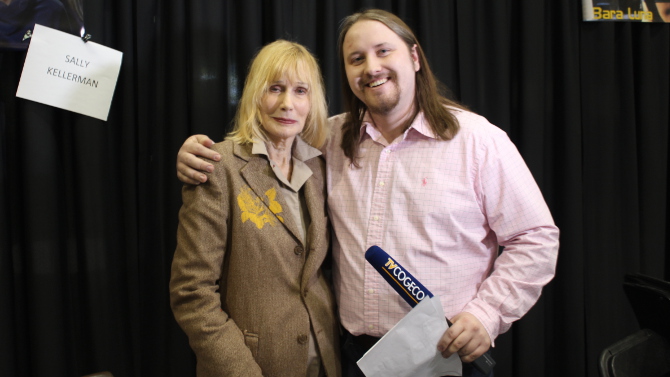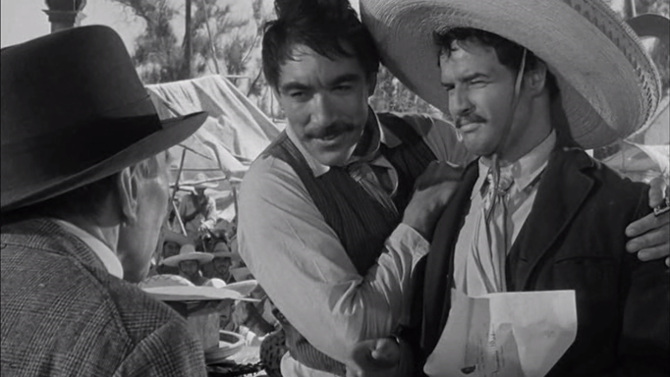
An Impossible Mission
How do you wrap up a franchise like Mission: Impossible? That is, if this even is the final installment... as they’ve made it sound (while at the same time, stars not named ‘Tom Cruise’ pipe up and suggest that might not be so). It has been twenty-nine years, with different writers and visionary directors – from twisty Brian De Palma and the action hair stylings of John Woo, to the lens flares of J.J. Abrams and animation expert Brad Bird, it was only about ten years ago that the franchise decided to opt for The Usual Suspects scribe Christopher McQuarrie for the final four. To return to that opening question once more, you could end with a Sopranos’ style cliffhanger, simply make another entertaining movie like the many before – like Everybody Loves Raymond did it with its final episode, or try to tie everything up in a neat little bow by bringing everything together as the Daniel Craig era did with James Bond. Well, it is definitely more along the lines of the latter example, with some distinct differences.
-

A Grand Old Time
Grand HotelFebruary 12, 2017"Grand Hotel. . . always the same. People come, people go. Nothing ever happens". But we know this is not so. The winner of Best Picture at the 1932 Academy Awards (the only film to ever win the big prize without being nominated for any other Oscar), Grand Hotel is the first film to ever bring together a who’s who cast to create an ensemble. Breaking the mould, where studios would have had only one or two of their stars in a single film (to cut down on costs as well as avoid strife), MGM united five of their top actors. The iridescent Greta Garbo plays Grusinskaya, a temperamental prima ballerina who is depressed and disillusioned, feeling like her best days are behind her. The versatile John Barrymore plays the Baron, a man who, despite his aristocratic title, has fallen on hard times, desperate for money.
-

Where Black Stars Shine
Hidden FiguresFebruary 10, 2017The title of Hidden Figures, one of 2017's Academy Award Best Picture nominees, has a double meaning. Speaking to the mathematics that is at the heart of the space travel film, it more subtly references the story of its three African American female leads, who, despite playing a big part in Space Race history, have been lost to time. . . until now. Depicting the combative duality of the Cold War, writer/director Theodore Melfi (who adapts Margot Lee Shetterly’s book of the same name, along with Allison Schroeder) captures the essence of this complicated time. On the surface, it is America versus Soviet Union – funnelled through the propaganda-filled battle that centres around who will win the Space Race; though, more specifically, it portrays the civil rights battle, a world where, in 1961 Virginia, everything is still segregated. Written with deft precision, dialogue like "Civil Rights ain’t always civil", which is uttered by Levi Jackson (Aldis Hodge), succinctly represents this era; while a scene that appears towards the end, where mathematician Katherine G. Goble (Taraji P. Henson) hurriedly delivers some updated calculations for John Glenn’s (Glen Powell) all important mission – only to have the door slammed in her face after all of the white personnel have been ushered into the room, highlights the atrocities and unfairness of the era, while also showing how far we have come and how much farther we still have to go.
-

Take the Long Way Home
LionFebruary 8, 2017A little ragamuffin – strong willed, feisty and wily, finds himself waking up on a bench at a train station with his older brother nowhere in sight. With his mother at home, he shouts for his missing brother, but nothing comes of it. He searches an abandoned train, only to fall asleep sometime in the night. When he wakes, the still empty train is moving. When it finally stops, he finds himself in Calcutta, nearly two thousand miles away from his hometown, not knowing the Bengali language or having anywhere to turn. It is this bizarre and unfortunate circumstance that is the genesis and heart of the story Lion, first time filmmaker Garth Davis’ moving drama. The young boy is Saroo (Sunny Pawar), his fatherly older brother is Guddu (Abhishek Bharate), and his caring impoverished mother is Kamla (Priyanka Bose). Though theirs is a tough life in a rural Indian town, filled with hardship and many struggles, love permeates their family.
-

La La Land – Where the Music Speaks
La La LandFebruary 6, 2017Upon first watching the visually arresting musical drama La La Land, I perhaps unusually thought about the excessive amount of traffic on the road. I surmised, macabrely, that the main characters of the film, who spend several scenes dancing on the streets of Los Angeles, would have likely been killed early on by a speeding car, making the whole motion picture a sort of life flashing before your dying eyes moment. My bizarre sense of humour aside, Damien Chazelle’s follow up to his 2014 drumming drama Whiplash is a mesmerizing story about following your dreams, reaching for the stars and fighting against the major hurtles along the way. Though, just because we chase said dreams, it does not mean that they are always attainable. At one point, our male lead, Sebastian (Ryan Gosling), frustratingly complains of the Hollywood mindset: "they worship everything and value nothing".
-

Blood Simple. . . Anything But
Blood Simple.February 3, 2017With two feet firmly planted in the historic noir genre of the 1940s and 50s, Joel and Ethan Coen went about making their first feature film, Blood Simple.. Though it was not, by any means, that ‘simple’. Creating a trailer long before production (it has Bruce Campbell in it – who never appears in the final motion picture), strangely enough, it does not feel entirely compatible with their final product, but somewhat like a distant relation to the iconic cult horror classic Evil Dead. On the advice of Sam Raimi (director of the above mentioned movie – who helped advise the brothers), the Coen’s went door to door with a projector and their trailer, seeking out investors. Think of it as the original GoFundMe. In just over a year, they raised the needed capital and got to work on their film – which, in case you thought that I made a mistake up above, contains a period after ‘Simple.’. A striking neo-noir, the title comes from an old Dashiell Hammett novel, "Red Harvest", a term that highlights the muddled, jittery and anxious mindset of people who have had a protracted immersion in violent affairs.
-
Star Pick with Sally Kellerman
 Rebel With a CauseViva Zapata!January 31, 2017
Rebel With a CauseViva Zapata!January 31, 2017There is a scene about a quarter of the way into Elia Kazan’s Viva Zapata! where our protagonist, Emiliano Zapata (Marlon Brando), has been arrested for attempting to save the life of a peasant who has been unlawfully arrested. Failing, a number of the impoverished, who witnessed the attempt, plead for Zapata to hide in one of their homes. Moving on, he is soon arrested, and the villagers clap with whatever they have in their reach; working tools, rocks or any other implements, as a way to show their support for the hero as he is ushered away. As the officers transport the man through the wilderness, people pour out of the mountainous forest – soon, droves are leading, following and walking beside the police procession. Eventually overwhelmed by the masses, they free the man, aware that they will never be able to manage the united crowd. It is this scene that perhaps best exemplifies the film. A heartfelt sequence, it shows that solidarity in the face of oppression, that boldly standing up for what is right, is a righteous, albeit difficult stance.

